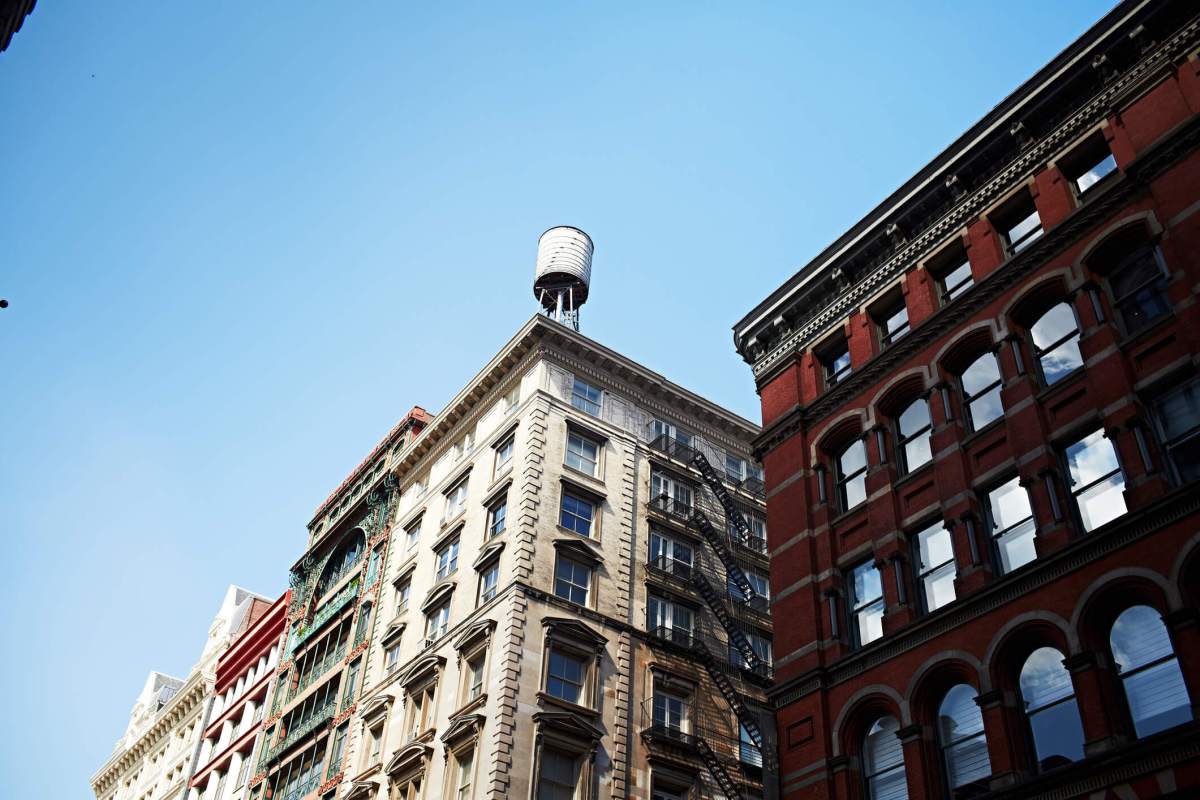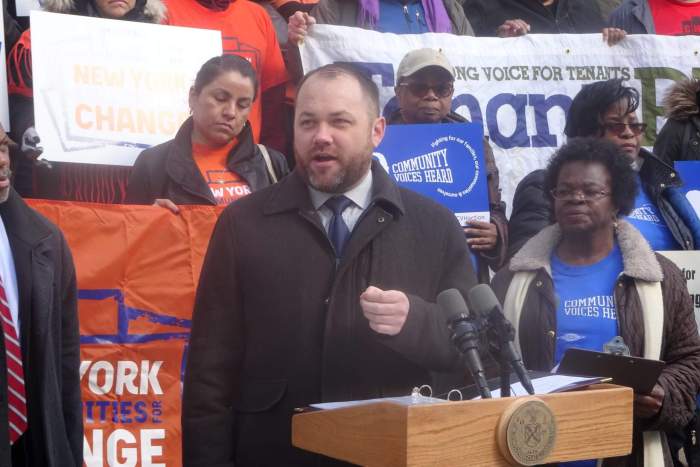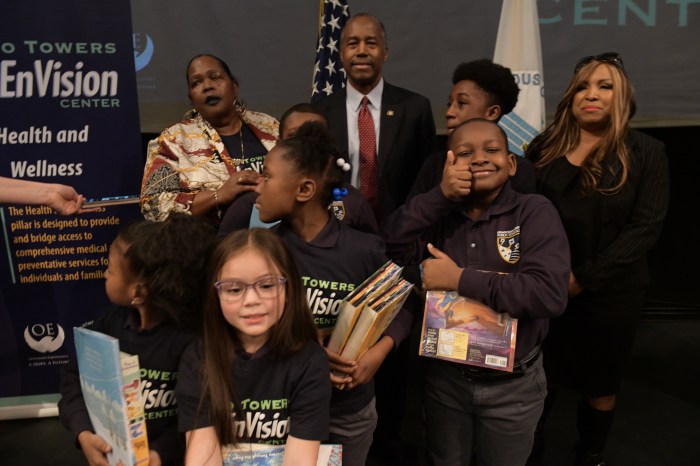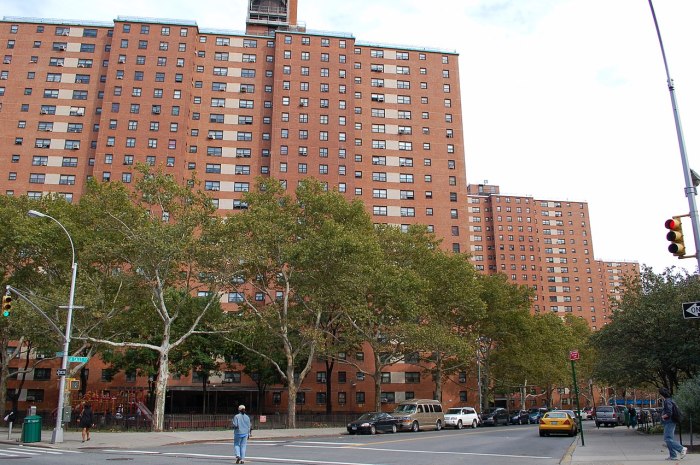Quality affordable housing was hard enough to find before the pandemic – believe me, as a lifelong NYCHA resident, I know better than most how hard it is to have a decent, affordable home. The pandemic has hurt families in so many ways, including worsening our housing struggles. We cannot nitpick when it comes to building more homes in Brooklyn. We have a crisis on our hands.
You would think, after development has been stalled or slowed due to Covid, community boards would mobilize to support their neighbors and bring thoughtful projects to life as soon as possible. However, we’ve seen firsthand that wealthier parts of the community don’t feel the same urgency to get these developments off the ground.
Instead, many of them choose to dwell on superficial issues, keeping the rest of their neighbors from being heard—the neighbors, NYCHA residents like us, whose lives would be most affected by these developments.
The result? A lack of true community representation where decisions get made.
The proposed project at 840 Atlantic Avenue is only the latest example of a good plan postponed over and over again due to neighborhood bickering. The project would provide 95 units of affordable housing to the Prospect Heights neighborhood, supplying about 10-15% of all affordable housing anticipated to be built over the next few decades in the to-be-rezoned “M-Crown” area of Prospect Heights.
And yet, after three community board meetings, my fellow NYCHA residents and I were shut out of the discussion. The conversation is dominated by a small handful of people — and as we’ve seen in analogous meetings across the country, these are usually people who have the most time, money and power. That leaves NYCHA residents and other low-income people most impacted by affordable housing developments totally edged out of the conversation.
We shouldn’t have to write to a newspaper to have our voices heard on this decision — the ULURP process is supposedly designed for community review, explicitly for community members like us to weigh in. And yet, Community Board members who oppose this project for aesthetic or superficial reasons are dominating the conversation.
If we were given a voice in these meetings, we would tell you how excited we would be to see 840 Atlantic come to fruition. Due to underfunding, NYCHA complexes in Brooklyn have repeated patterns of maintenance issues that, especially while stuck at home during Covid, have completely disrupted our day-to-day lives. They’re also not always the safest places to raise our kids. Being able to afford a new development like 840 Atlantic while staying in our community would be a dream come true for just one family. Bringing almost 100 affordable housing units would be life-changing.
Unfortunately, community board members keep trying to scale the project smaller and smaller to meet their aesthetic needs, of course cutting the number of affordable units drastically. We know we have some advocates on the community board who are truly there to represent our neighborhood and the voices most often silenced in our community. But it seems that, for many members, a taller building is not worth the comfort and humanity of 95 individuals and families.
In addition to expanded affordable housing options, the project would also provide NYCHA residents and other community members with free and accessible arts and culture programming through the developer’s partnership with the Brooklyn-based arts organization, Creative Outlet.
Founded by Brooklyn artist Jamel Gaines, the almost 8000 square-foot space would include a theatre and rehearsal studios for classes and workshops. Creative Outlet will not only provide families and community members with programming, but will also act as the newest training ground to help young artists achieve their dreams.
And because of nearby public transit, artists from across the city will be able to easily commute to Prospect Heights to enjoy our neighborhood cultural performing arts center. This benefit goes both ways — public transit-oriented housing also means the more access to all of the opportunities that our city has to offer. That includes cultural programming, as well as better paying jobs and more stable careers.
Whether it is being able to walk to a job in the Brooklyn Tech Triangle, being able to easily commute to a school or job outside the borough, or just living comfortably in apartments with working amenities, this is the type of housing we need here at home. Starting with 840 Atlantic, and moving forward on the inevitable next development proposal, let’s work side-by-side to make this community more inclusive for all of us.
Antonia Alamo is a NYCHA Resident of Farragut Houses.


















